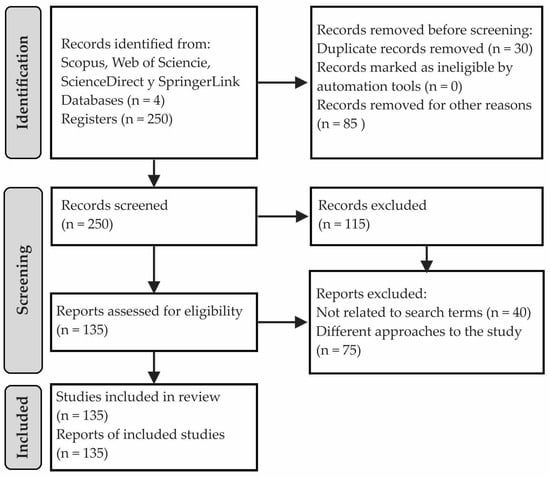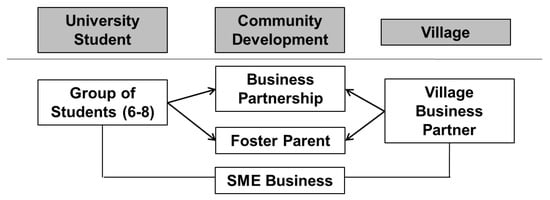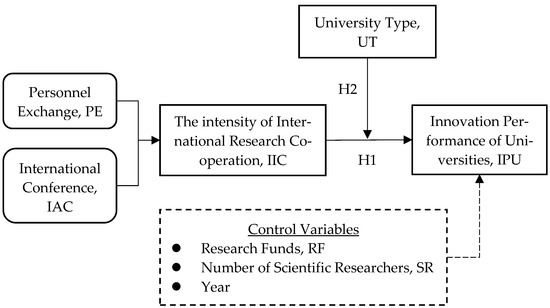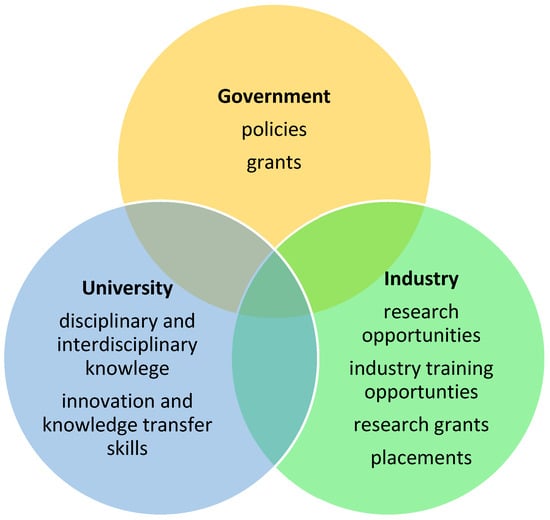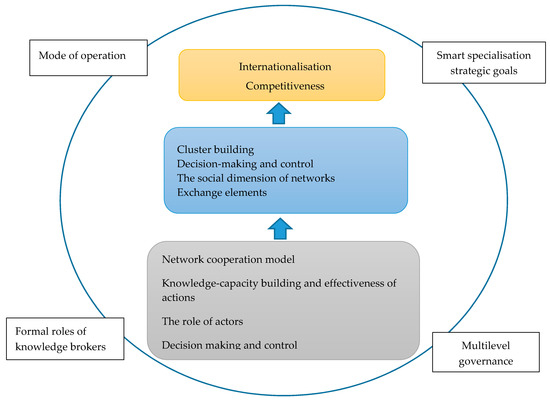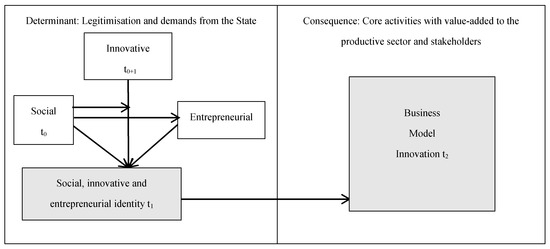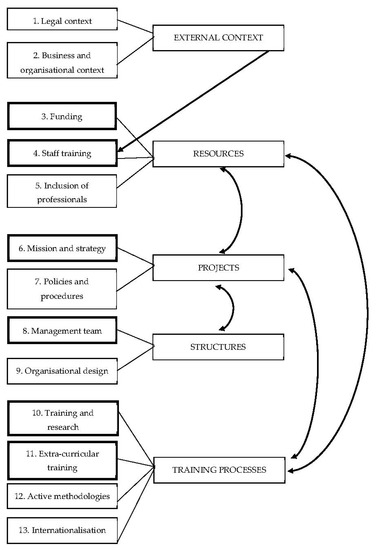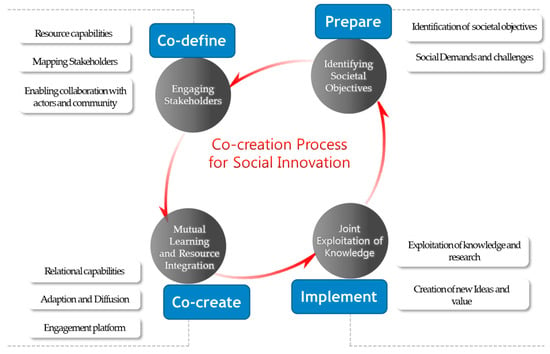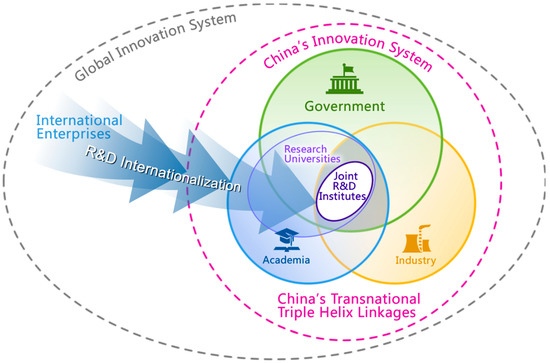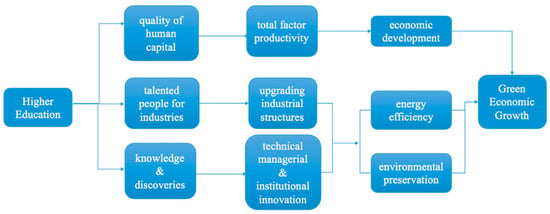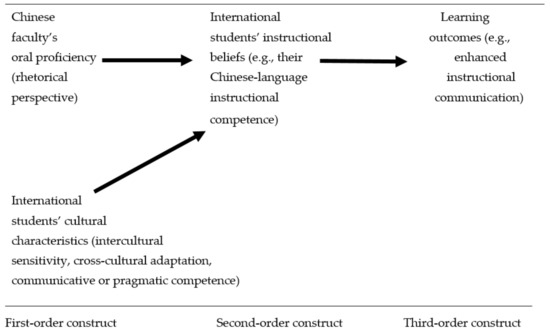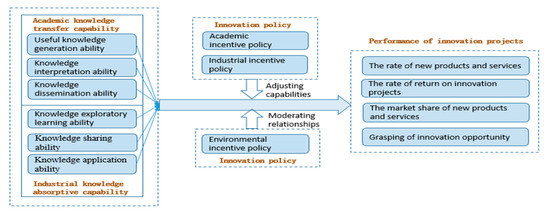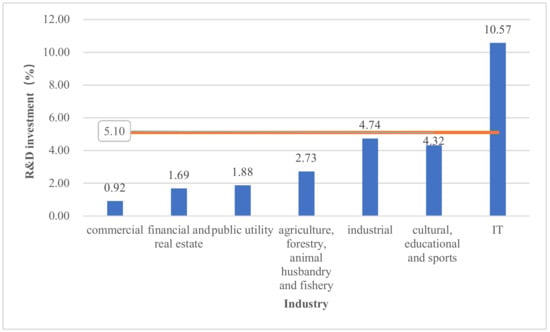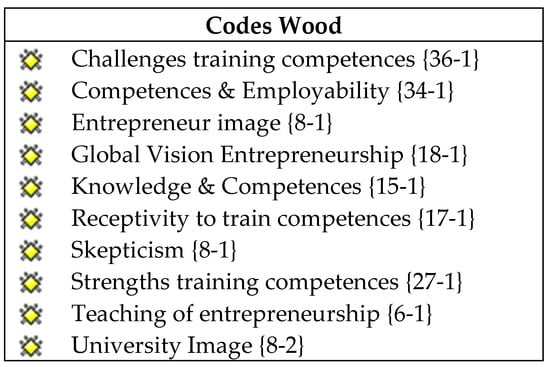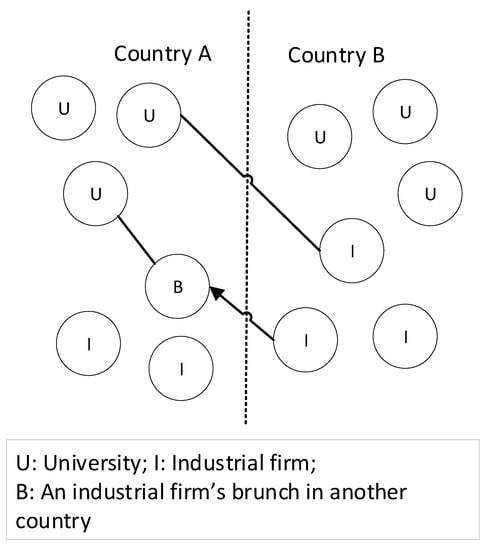Higher Education in Innovation Ecosystems (Closed)
A topical collection in Sustainability (ISSN 2071-1050). This collection belongs to the section "Sustainable Education and Approaches".
Viewed by 130222Editors
Interests: higher education policy and management; internationalisation of higher education and innovation studies
Special Issues, Collections and Topics in MDPI journals
Interests: higher education/comparative and international education
Interests: social and policy studies in higher education; globalization, internationalization and educational reforms; academic mobility and academic professions
Topical Collection Information
Dear Colleagues:
In both policy and research discussions on sustainable development, there is increasing attention given to two intricately interrelated transformations: societal transformation (or innovation in the society) and university transformation (or innovation in the university) (Cai 2017). Contemporary societal changes have been recently described as transformation from knowledge society 1.0 to knowledge society 2.0 (Rutten and Boekema 2012)—that is, fostering an innovation ecosystem (Oh et al. 2016; Smorodinskaya et al. 2017; Walrave et al. 2017). The core underlying knowledge society 2.0 is that knowledge is not simply distinguished between tacit and codified types as in knowledge economy 1.0, but is context-dependent. Consequently, learning and knowledge production are now taking place in the context of social interactions rather than in organizational contexts. The implication of this for an innovation ecosystem is that the core elements in the system are increasingly interdependent, comparable to the complicated relations of organisms in a bio-system. This may guide research attention from obvious relations of innovation actors, as tackled by current studies, to hidden relations between different components in innovation ecosystems.
In such a system, a university is not merely serving as a primary engine for economic growth through knowledge transfer (Etzkowitz 2008), but is required to be more socially responsible (Goddard and Vallance 2013). As put by UNESCO’s Chief of Higher Education Sector, Peter J. Wells, “Perhaps never before in recent history has the role of higher education been so intricately tied to the economic, social and environmental fabric of the modern world” (Wells 2017). The societal changes demanding broader roles of university also call for, and lead to, substantial changes within the internal fabric of the university. The innovations in both society and universities call for our renewed understanding of higher education in society, which becomes a new research agenda in studies on innovation in higher education (Cai 2017) .
This Special Issue calls for papers to respond to the new research agenda. We welcome papers that contribute to the discussion from theoretical, methodological, or empirical perspectives, and those which are of relevancy to both academic communities interested in the theme as well as policy and managerial audiences. Specifically, we invite research contributions to discuss the following issues, albeit not in a strict (exclusive) sense:
- Relations between university and innovation ecosystems
- Various roles of a university in an innovation ecosystem
- Higher education and research policies addressing responsible research and innovation
- Innovations of higher education in different contexts
- Dynamics of the interaction between the university and other innovation actors in a transnational context
- Theories elucidating the complicated interactions between the university and other actors in the innovation ecosystem
- New methodologies in the new research agenda
References:
Cai Y (2017) From an analytical framework for understanding the innovation process in higher education to an emerging research field of innovations in higher education. Review of Higher Education 40 (4):585-616. doi:10.1353/rhe.2017.0023.
Etzkowitz H (2008) The triple helix : university-industry-government innovation in action. Routledge, New York; London.
Goddard J, Vallance P (2013) The university and the city. Regions and Cities. Routledge, London and New York.
Oh D-S, Phillips F, Park S, Lee E (2016) Innovation ecosystems: A critical examination. Technovation 54 (Supplement C):1-6. doi:https://doi.org/10.1016/j.technovation.2016.02.004.
Rutten R, Boekema F (2012) From Learning Region to Learning in a Socio-spatial Context. Regional Studies 46 (8):981-992. doi:10.1080/00343404.2012.712679.
Smorodinskaya N, Russell MG, Katukov D, Still K Innovation Ecosystems vs. Innovation Systems in Terms of Collaboration and Co-creation of Value. In: The 50th Hawaii International Conference on System Sciences, Waikoloa, Hawaii, 4-7 January 2017.
Walrave B, Talmar M, Podoynitsyna KS, Romme AGL, Verbong GPJ (2017) A multi-level perspective on innovation ecosystems for path-breaking innovation. Technological Forecasting and Social Change. doi:https://doi.org/10.1016/j.techfore.2017.04.011.
Wells PJ (2017) UNESCO'S Introduction: The role of Higher Education Institutions today. In: Grau FX, Goddard J, Hall BL, Hazelkorn E, Tandon R (eds) Higher Education in the World 6. Towards a Socially Responsible University: Balancing the Global with the Local. vol GUNi Series on the social commitment of universities. Global University Network for Innovation (GUNi), Girona.
Prof. Yuzhuo Cai
Dr. Jinyuan Ma
Dr. Qiongqiong Chen
Guest Editors
Manuscript Submission Information
Manuscripts should be submitted online at www.mdpi.com by registering and logging in to this website. Once you are registered, click here to go to the submission form. Manuscripts can be submitted until the deadline. All submissions that pass pre-check are peer-reviewed. Accepted papers will be published continuously in the journal (as soon as accepted) and will be listed together on the collection website. Research articles, review articles as well as short communications are invited. For planned papers, a title and short abstract (about 100 words) can be sent to the Editorial Office for announcement on this website.
Submitted manuscripts should not have been published previously, nor be under consideration for publication elsewhere (except conference proceedings papers). All manuscripts are thoroughly refereed through a single-blind peer-review process. A guide for authors and other relevant information for submission of manuscripts is available on the Instructions for Authors page. Sustainability is an international peer-reviewed open access semimonthly journal published by MDPI.
Please visit the Instructions for Authors page before submitting a manuscript. The Article Processing Charge (APC) for publication in this open access journal is 2400 CHF (Swiss Francs). Submitted papers should be well formatted and use good English. Authors may use MDPI's English editing service prior to publication or during author revisions.
Keywords
University;
Innovation system;
Innovation ecosystem;
Science, technology and innovation;
Responsible research and innovation.







